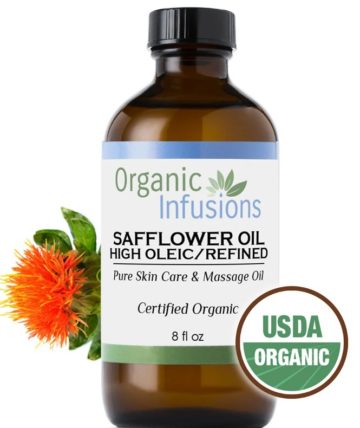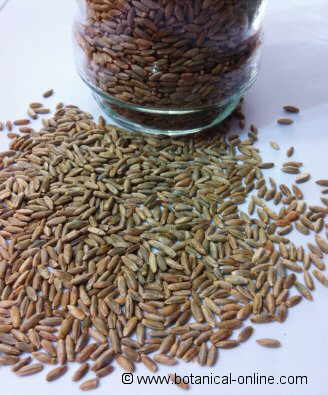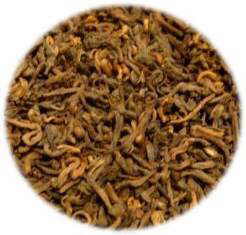Properties of high oleic safflower oil
Characteristics of high oleic safflower oil
High oleic safflower oil does not have the same origin as normal safflower oil.
This oil is extracted from a variety of safflower with a high concentration of oleic acid. The difference, therefore, between the two types of safflower oils, is their content in fatty acids and therefore, of the properties of this oil.
Differences between high oleic safflower oil and “normal” safflower oil

There are mainly two differences:
- It is more heart-healthy: Obviously, if normal safflower oil is poor in oleic acid, it will not have as many heart-healthy properties as if we consume high oleic safflower oil, which, having a much higher oleic acid content, substantially increases its beneficial cardiovascular properties, Its content, therefore, is mostly monounsaturated, with levels of up to 80% in oleic acid, the rest of its fatty acids, is composed of polyunsaturated linoleic acid (omega 6) and linolenic acid (omega 3), and a small portion of saturated palmitic and stearic acids.
- It is more stable: Another difference that presents against normal safflower oil is that high oleic safflower oil not only does not get spoiled easily as it happens with the previous one, but it is very stable and more easy to preserve, thanks to its high content of monounsaturated fatty acids , that is, due to its high concentration of oleic acid.
Benefits of high oleic safflower oil
As we have seen before, high oleic safflower oil is very stable. In addition to benefits at the level of stability and conservation, it also has the benefits of this monounsaturated acid, that is, it has beneficial effects at the vascular level, of organs as important as the kidneys, liver and heart,
It reduces the accumulation of atheroma plaques that clog arteries, which prevents against cases of thrombosis and / or arteriosclerosis.
High oleic safflower oil decreases the production of gallstones.
It also maintains a correct state of the central nervous system, improves its functions and has an action that not only prevents the deterioration of the connections between neurons and axons, but also ensures that these are maintained in the right conditions and can exercise their functions of information transmission and brain impulses correctly.
In turn, it helps maintain the balance of fats and promotes the control of obesity and high cholesterol or triglycerides in the blood, since it raises HDL cholesterol, that is, the good one, lowers the LDL cholesterol, the bad one.
High oleic safflower oil prevents the possible oxidation of cholesterol, which would lead to the production of free radicals. These substances, released, would damage the cells of our body, at levels as important as the promotion of some very serious and important diseases, such as cancer, premature aging, hearing loss, etc.
Due to its lubricating properties, it can be used to improve the intestinal transit of our body, accelerating this course and preventing constipation.
We have to consider that this type of oil has a very low content of saturated fatty acids. All this implies an increase in the aforementioned positive effects, further promoting a good state of health of our body.
External applications of high oleic safflower oil
This oil is also used as a cosmetic, for its highly moisturizing properties, as it is recommended for damaged and dry skin and hair, giving it a healthy and well-groomed appearance.
Thanks to the saponifiable content of this oil, you can make many detergents, natural soaps or shampoos, etc.
Food uses of high oleic safflower oil
It can be used both in dressings, as in culinary preparations such as sauces or main dishes. Thanks to its neutral flavor, it can be used in all the culinary elaborations that are desired without modifying or adding more flavors.
Thanks to its high content of oleic acid, it tolerates better than other oils the high temperatures of some cooking such as fried foods.
Disadvantages of high oleic safflower oil
They have not been found.
![]() More information on safflower and safflower oil
More information on safflower and safflower oil








